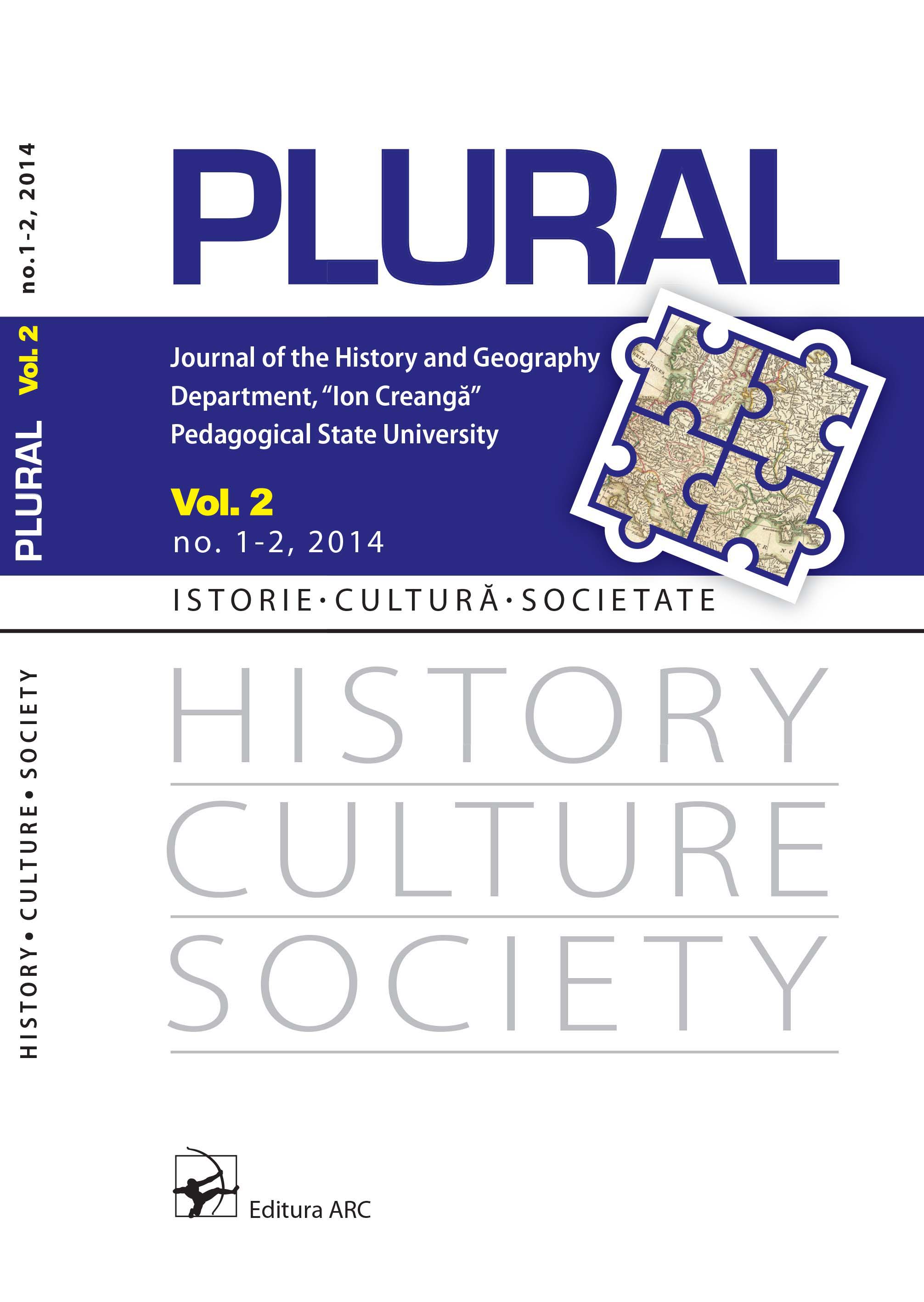Restless Russia
Restless Russia
Author(s): Andrew WilsonSubject(s): Politics / Political Sciences, History, Special Historiographies:, Post-Communist Transformation
Published by: Facultatea de Istorie și Geografie, Universitatea Pedagogică de Stat „Ion Creangă”
Keywords: Russia;Russia and the West;
Summary/Abstract: This paper attempts to investigate how and why after a twelve-years period of stability Putinist social contract seemingly broke down and Russia stepped into a new period of uncertainty and crisis. The author underlines that, unwillingly, Medvedev’s presidency paved the way for the protests from the winter of 2011-2012 and fostered the regime’s crisis of legitimacy. Specifically, Medvedev’s relatively liberal rhetoric led to rising expectations among the ‘winners’ of first Putin-Medvedev era and to a growing gap between rhetoric and delivery. Moreover, the ‘Putin consensus’ was also fraying from below during the 2000s, given the population’s fading memory about the 1990s, flourishing of corruption, and migration becoming a hot issue in a booming economy and collapsing native demographics of Russian society. Finally, Putin made several crucial tactical mistakes in the run-up to the Duma elections of the 2011, failing to provide a coherent narrative for the elections, loosing some leading manipulators of the political system, and ousting some powerful regional bosses that ran powerful local machines which traditionally delivered the vote.
- Issue Year: II/2014
- Issue No: 1-2
- Page Range: 54-63
- Page Count: 10
- Language: English

